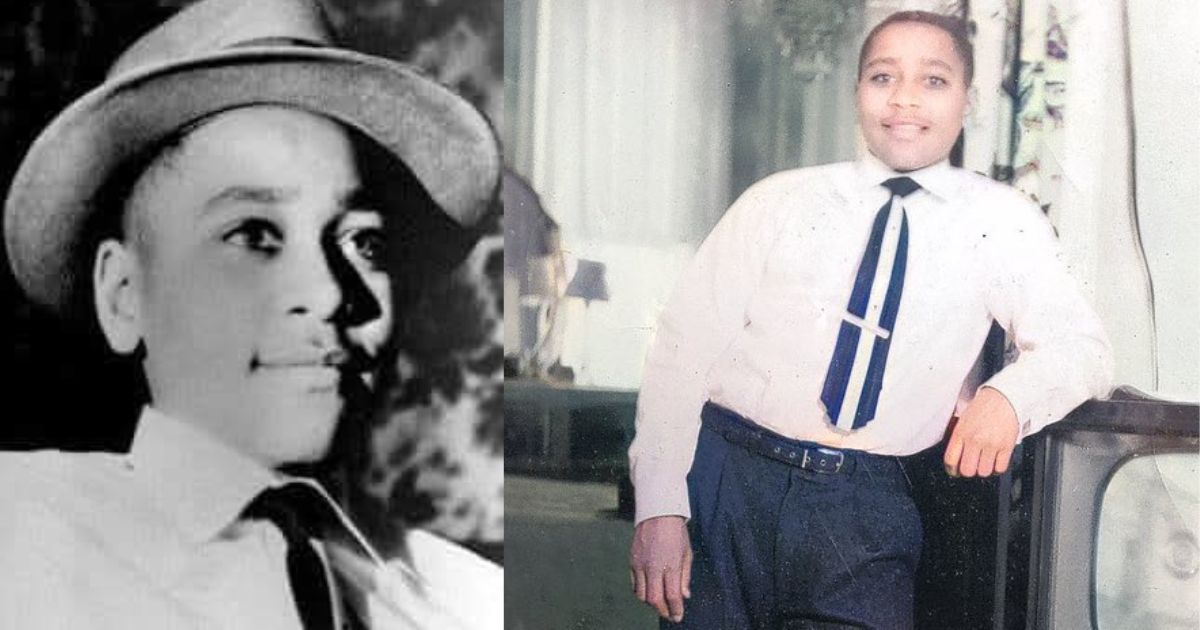It’s been seven decades, but Reverend Wheeler Parker Jr. can still hear the thud of heavy boots, the crack of a door being kicked in, and the chilling voices of two white men hunting for blood. He was just 16 when his cousin, 14-year-old Emmett Till, was snatched from his bed at gunpoint, never to return alive. “They stuck a gun in my face,” Parker told the Mirror US. “I was so scared I closed my eyes and prayed I wouldn’t be shot right there.”
The men were Roy Bryant and J.W. Milam, faces twisted with hate. “They had a look that said they were about to do something evil,” Parker recalled. They stormed through the house in the dead of night, shouting, “Where’s the n— who did the talking?” Moments later, they ripped Emmett from his room and dragged him out into the Mississippi darkness.
Three days later, his broken body floated up from the Tallahatchie River, beyond recognition. A cotton gin fan tied around his neck with barbed wire. His “crime”? Being accused of whistling at a white woman. For Parker, the horror of that night never left. “They took him into the night,” he said quietly. “We never saw him alive again.”
But to him, Emmett wasn’t just a name in the history books. He was “Bobo,” the goofy Chicago kid with a stammer from polio, a prankster who loved jokes and was always the life of the room. “We don’t highlight his stutter enough,” Parker said. “He was quirky, funny, just a kid who wanted to have fun.”
On this day in 1955, Emmett Till, 14, was kidnapped and brutally murdered for whistling at a white woman.
His killers, Roy Bryant and J.W. Milam, allegedly saw Till whistle at a white women at a gas station.
A THREAD pic.twitter.com/98WmdOIVTH
— AFRICAN & BLACK HISTORY (@AfricanArchives) August 28, 2025
Parker even begged Emmett not to mess around in Bryant’s store earlier that summer. “He didn’t understand how dangerous Mississippi was. In Chicago, he was just a boy. In the South, he was a target.”
When Mamie Till-Mobley, Emmett’s mother, demanded an open casket funeral so the world could see what those men had done to her child, America was forced to stare hate in the face. Thousands came to view his body. Newspapers splashed the shocking photos. Emmett Till became a symbol of a nation’s deepest shame, and the spark that lit the Civil Rights Movement.
Emmett Louis Till
July 25, 1941 – August 28, 1955 pic.twitter.com/UoCKVFKsZw— Brandon D. Wilson (@Geniusbastard) August 28, 2015
“Bobo wasn’t the first to suffer,” Parker said. “But his story spread everywhere. And once people saw, they couldn’t turn away.” Even now, at 86, Parker says he feels the weight of that night. The fear. The anger. The grief. “But I also feel pride,” he said. “Because my cousin changed the world.”













